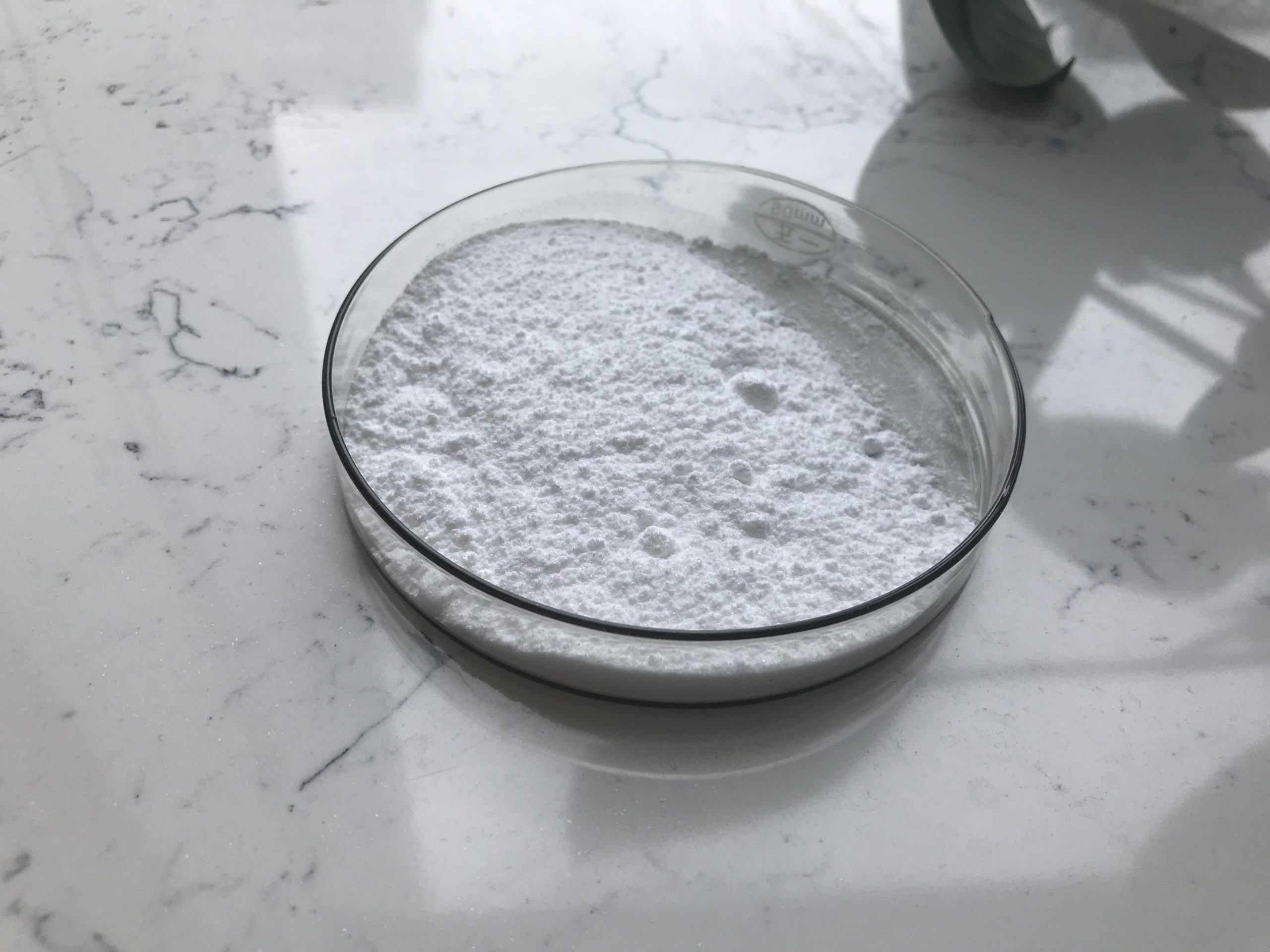L-Theanine is one of the two forms of theanine, with the other being D-theanine. However, L-Theanine is the form found in nature and is the one commonly used in dietary supplements and tea products. Let’s explore each of these aspects in detail:
1. Definition: L-theanine is a naturally occurring amino acid found primarily in tea leaves (Camellia sinensis), especially in green tea. It is chemically classified as an analog of the amino acids L-glutamate and L-glutamine.
2. Sources: The primary dietary source of L-theanine is tea, particularly green tea and to a lesser extent, black tea. L-theanine can also be found in some mushrooms. It is available in supplement form for those who want to consume it in higher concentrations.
3. Chemistry: L-theanine has a unique chemical structure. It is an amino acid with a similar structure to glutamate, a neurotransmitter in the brain. This structural similarity allows L-theanine to cross the blood-brain barrier and affect brain function.

4. Effects on the Body and Mind:
- Relaxation: L-theanine is known for its relaxing and calming effects. It can promote a sense of relaxation without causing drowsiness.
- Cognitive Benefits: Some studies suggest that L-theanine may enhance cognitive function, including attention, memory, and learning.
- Stress Reduction: L-theanine has been shown to reduce stress and anxiety levels by promoting the release of certain neurotransmitters, such as GABA (gamma-aminobutyric acid).
- Sleep: It may improve sleep quality by reducing anxiety and promoting relaxation.
- Caffeine Interaction: L-theanine is often consumed with caffeine (found in tea) because it can mitigate some of the negative effects of caffeine, such as jitters and anxiety, while enhancing its positive effects on alertness and focus.
5. Potential Health Benefits:
- Anxiety and Stress Reduction: L-theanine may help reduce symptoms of anxiety and stress.
- Blood Pressure: Some studies suggest that it may have a mild blood pressure-lowering effect.
- Focus and Attention: It may improve focus and attention, especially when taken with caffeine.
- Sleep: L-theanine may improve sleep quality in some individuals.
6. Dosage Recommendations: Typical L-theanine doses range from 100 to 400 mg per day, but individual responses vary. It’s often consumed in combination with caffeine, with common ratios of 1:1 or 2:1 (L-theanine to caffeine).
7. Side Effects: L-theanine is generally well-tolerated, and side effects are rare. However, some people may experience mild symptoms like headaches or gastrointestinal discomfort.
8. Safety Considerations: L-theanine is considered safe when used as directed. It does not appear to have significant adverse interactions with medications, but it’s essential to consult a healthcare professional if you have any concerns, especially if you are pregnant, nursing, or taking medications.
In conclusion, L-theanine is a fascinating compound with potential benefits for relaxation, cognitive function, and stress reduction. While it is generally considered safe and well-tolerated, individual responses may vary, and it’s advisable to consult with a healthcare provider before using L-theanine supplements, particularly if you have any underlying medical conditions or are taking other medications.
